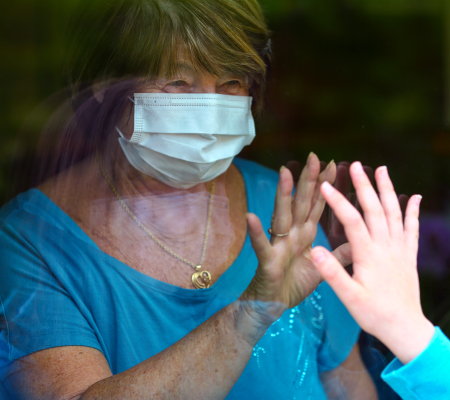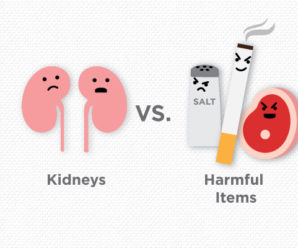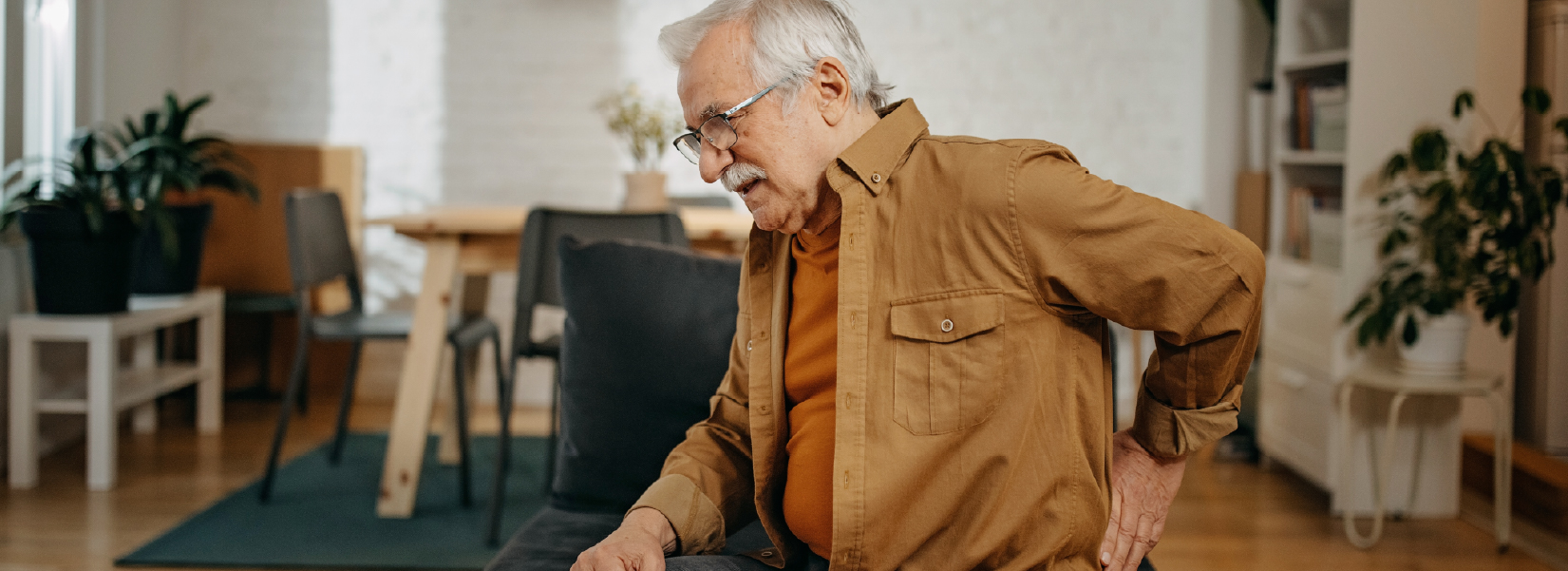
Editor’s note: This article was published on November 16, 2020. COVID-19 information and recommendations are subject to change. For the most up-to-date information, visit the Centers for Disease Control and Prevention (CDC) website or view our most recent COVID-19 blog posts.
Dealing with COVID-19 – physically, emotionally, mentally – is hard generally and if you provide care for a loved one with dementia or Alzheimer’s disease it can be even more challenging to help them navigate.
Marshfield Clinic Health System Neuropsychologist Jason E. Kanz, Ph.D., treats neurological conditions including Alzheimer’s disease and dementia, and since older adults with serious underlying medical conditions are at higher risk for severe illness with COVID, he helps families navigate ways to keep their loved ones safe.
This is a time when people with Alzheimer’s and dementia, who live in long-term care facilities, are suffering from lack of social connection. “This is probably true to a similar extent for those still living in their homes,” Kanz said. “People are told to socially distance, not leave their homes, have less frequent social visits as they’ve experienced in the past and have changes to routine.
“That’s happening to all of us, but if your primary outlet is going out for coffee or breakfast, to a store or senior center, it has significant impact on people’s ability to engage socially especially for people with Alzheimer’s.
“There is always the fine balance between risk of social isolation and depression vs. exposure to the virus and health complications. So, trying to find ways to allow people to connect but not in the same way is really important.”
Technology helps
Early on with COVID, Kanz said, there was little chance people, especially those in long-term care facilities, could engage with others. Now it’s possible to use technology like cellphones, computers and laptops for face-to-face conversations to help maintain connections.
“It’s not the same as being physically in person, but we’re encouraged to use the means we have available and socialize through technology,” he said.
Technology can be a downside, though, since there can be a steep learning curve. Kanz advises writing down steps clearly, like how to log on to a computer and how to access FaceTime, for example.
Technology hinders
How do people with cognitive disorders make sense of the thousands of messages that could come daily?
It’s easy to share misinformation via social media but it can confuse people with cognitive disorders who can’t always judge right from wrong.
“With Alzheimer’s, there are problems with memory and reasoning,” he said,” so if people read things that are conflicting with science or see it as a ‘conspiracy,’ they may hold on to that information. It’s important to help them come back to good practices and reliable information.”
Another suggestion is to have a family member routinely remove or clean up a social media account. “This is a good idea especially if having your parents reading misleading information leads to increased anxiety and paranoia,” he said.
And, be aware of scammers who try to take advantage of trusting people via social media.
Social distancing
“Researchers have demonstrated those with Alzheimer’s are at much greater risk of serious side effects and complications with COVID, so you need to be concerned with social engagement,” Kanz said. This is where social distancing comes in.
Help your loved one follow the rules of social distancing and be ready to explain why it’s important to keep at least 6 feet apart and to wear masks.
Get creative with signs
People with Alzheimer’s disease or dementia may forget to wash their hands or take other recommended precautions to prevent illness. In addition, diseases like COVID-19 and the flu may worsen cognitive impairment due to dementia.
That’s where signs come in. People with dementia may benefit from signs and support to remember important hygiene habits, like washing hands with soap for 20 seconds or using hand sanitizer; social distancing, masking and other health topics.
For loved ones still living at home, make or buy signs with big letters and bright colors. Place them in lots of different places. They serve as visual cues for people who struggle with day-to-day activities, Kanz explained.
Watch for depression, anxiety
“Another thing we see right now across society in general and in all ages is more depression and anxiety,” Kanz said. “When depression affects people with Alzheimer’s and dementia, it may show as sadness but also agitation, anger, emotional pain, behavioral acting out, decreased self-care ability. When you have problems expressing emotion it comes out in different ways so being aware of how depression shows up in your loved one is important.”
To visit or not to visit
People with Alzheimer’s and dementia may not be the best judges of whether someone should visit them. For example, a patient with Alzheimer’s was suffering from cancer and family members wanted to visit. Fortunately, he made the decision to say “no” to the visit and a short time later the would-be visitors had COVID.
Think ahead
Caring for a loved one with Alzheimer’s or dementia also calls for thinking ahead if circumstances should change with COVID. This could include being prepared to make alternative plans if supportive services are cancelled or changed, Kanz said, or having a plan in place in case you become ill.
Related Posts
5 tips for managing anxiety during uncertainty of COVID-19







Leave a Reply